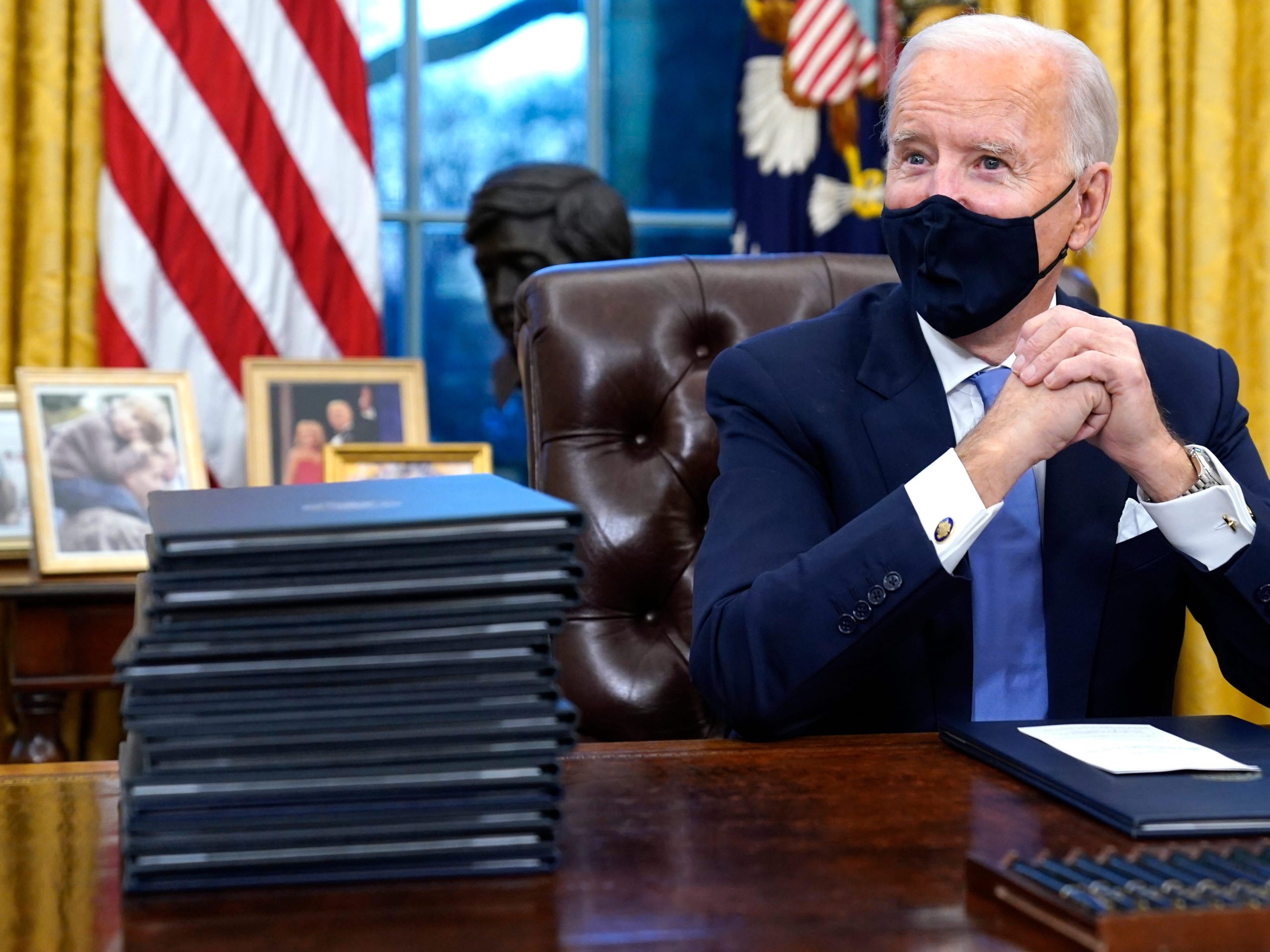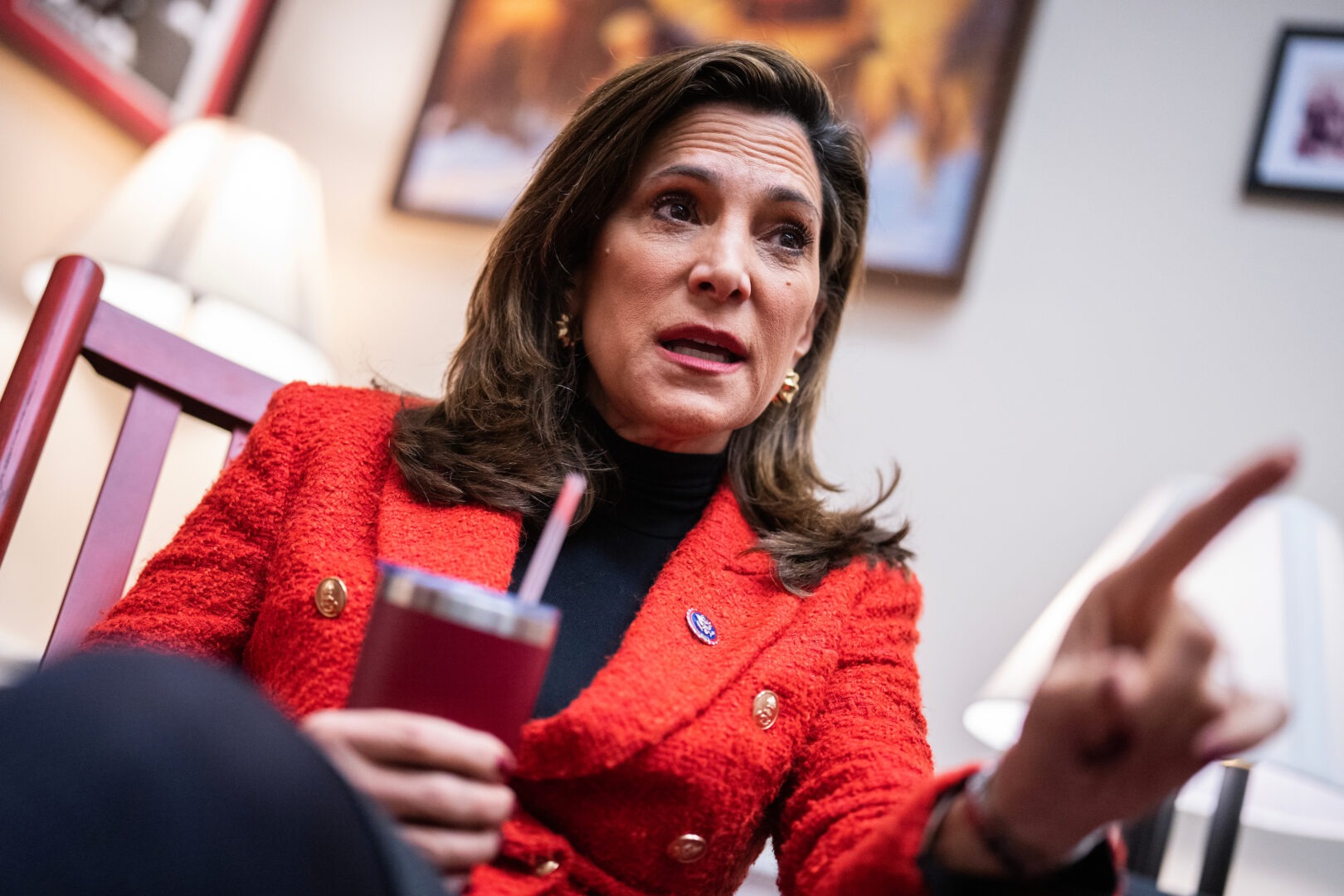Rep. Maria Elvira Salazar expressed strong criticism of President Joe Biden’s immigration policies during a Newsmax interview, labeling them as detrimental to the Hispanic community in the United States.
Salazar, a Republican representing Florida, argued that the current immigration crisis under Biden’s administration is seriously impacting Hispanics, whom she describes as the largest minority group in the country.
Salazar pointed to the Biden administration’s parole program, which allows 30,000 migrants per month to enter the U.S. from countries like Venezuela, Cuba, Haiti, and Nicaragua, as insufficient and merely a temporary solution to a larger issue.

President Joe Biden (Credits: People)
She expressed concern that while efforts are focused on managing this “problem of biblical proportions,” there’s a lack of comprehensive strategy to address the fundamental flaws within the U.S. immigration system.
Highlighting the scale of the challenge, Salazar mentioned that an estimated 8 million people have crossed into the United States over the last three years, underscoring the urgent need to secure the southern border. She advocates for a two-step approach: first, to seal and secure the border effectively, and then to address and reform the immigration system.
Salazar is among the lawmakers proposing the Dignity Act, a bipartisan effort to enhance border security and infrastructure. Despite these efforts, she described the situation at the border as “monumental” and in dire need of immediate action.

President Biden (Credits: AZCentral)
Salazar emphasized the economic necessity of immigration, acknowledging the need for workers across all sectors of the economy, from manual labor to high-level positions. However, she stressed that immigration must be orderly and regulated, contrasting the current chaotic and unstructured influx of migrants.
Concluding her remarks, Salazar criticized the Biden administration for negatively impacting the reputation of Hispanic immigrants in the United States who aspire to achieve the American dream.
Her comments reflect deep concerns about the intersection of immigration policy, economic needs, and the aspirations of Hispanic communities within the broader fabric of American society.























